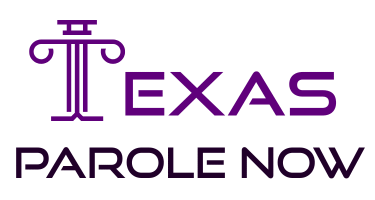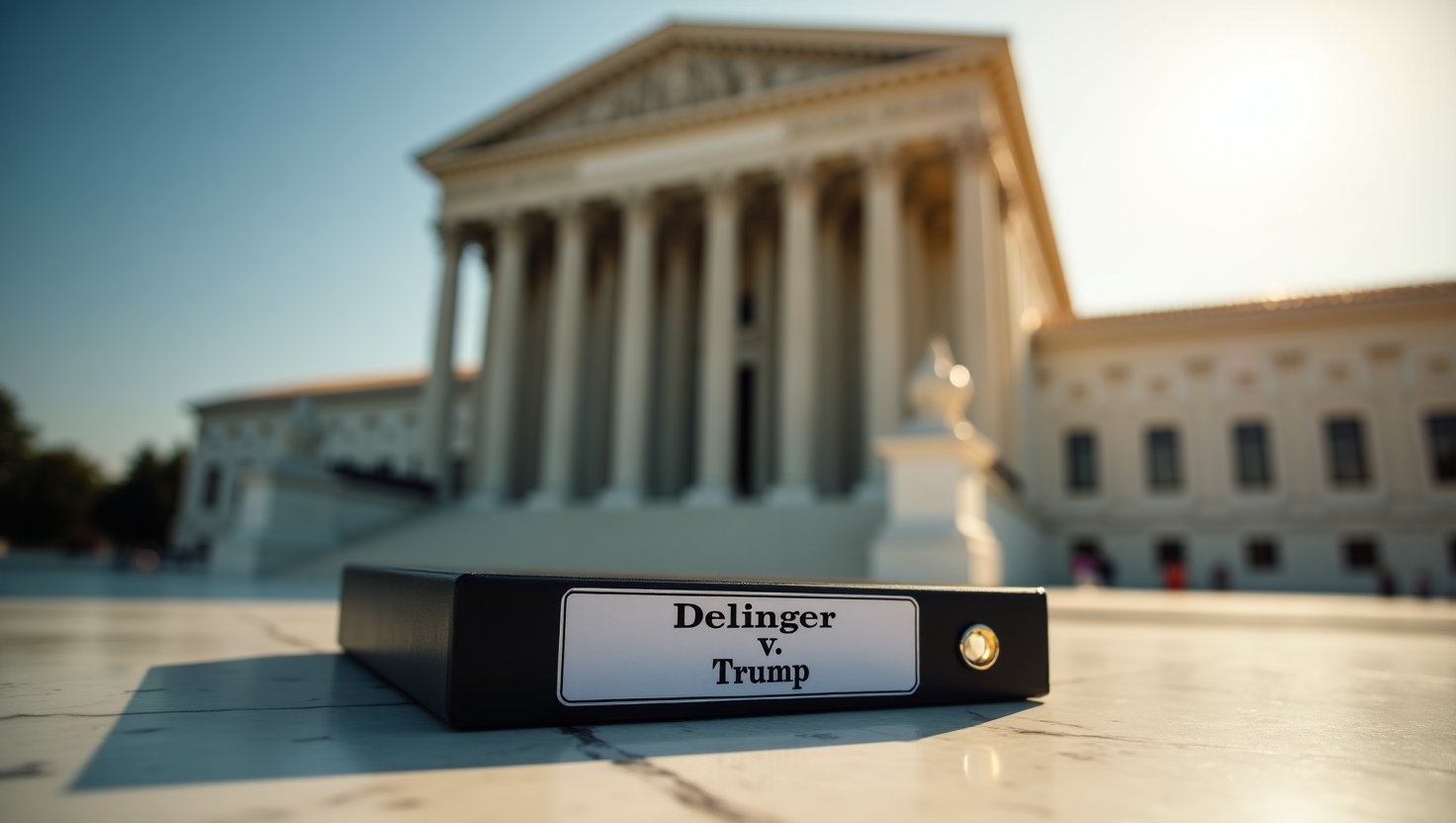Think up dedicating years to a legal battle, convinced your cause is just, only to voluntarily stand down as victory seemed plausible. That’s the complex reality facing former federal watchdog chief Hampton Dellinger. In a move that sent ripples through legal and political circles, fired watchdog chief Hampton Dellinger ends lawsuit against Trump, a case challenging the very limits of presidential power over independent oversight. This wasn’t surrender; it was a strategic retreat with profound implications for the future of government accountability.
Dellinger’s journey began abruptly. As the Trump-appointed Director of the U.S. Office of Special Counsel (OSC) – an independent agency tasked with protecting federal whistleblowers and enforcing the Hatch Act – he was unexpectedly fired in November 2017. The stated reason? Allegedly refusing to defend two Trump administration officials accused of Hatch Act violations. Dellinger contended his dismissal was unlawful retaliation for upholding his office’s independence and non-partisan mandate, violating statutes designed to insulate the OSC chief from political interference.
The Legal Gauntlet: From Firing to Federal Court
Dellinger’s core argument was bold: the President cannot remove the OSC Director except for specific, statutorily defined causes like “inefficiency, neglect of duty, or malfeasance.” His lawsuit, filed in 2018, argued Trump violated the law by firing him without showing cause, effectively undermining the OSC’s independence. This placed the case squarely within a fierce, ongoing constitutional debate:
- Presidential Removal Power: Does the President possess an inherent, nearly unlimited power to remove executive branch officials? (The “unitary executive” theory often favored by conservatives).
- Congressional Authority: Can Congress, through legislation, limit the President’s removal power to protect the independence of certain agencies performing quasi-judicial or investigative functions?
The legal battle endured across administrations. While initially targeting Trump, the Department of Justice (DOJ), defending the position of the presidency itself regardless of occupant, argued vigorously against Dellinger. They maintained the President holds plenary removal power over purely executive officers like the OSC Director. Key rulings saw Dellinger win significant early victories, including having his case declared justiciable and surviving motions to dismiss. The case seemed destined for higher courts, potentially even the Supreme Court, setting a landmark precedent.
Why Drop the Suit Now? A Calculated Decision
Then, in early March 2025, came the unexpected announcement: Dellinger, now serving as a Special Counsel for the Biden-HHS investigating a different matter, voluntarily dismissed his lawsuit with prejudice (meaning it cannot be refiled). This decision wasn’t made lightly. Several converging factors likely influenced it:
- The Evolving Political & Legal Landscape: The Biden administration, while not directly involved in the lawsuit’s defense (handled by DOJ career attorneys representing the institutional presidency), represents a different era. Pursuing a case primarily targeting actions of a past administration, especially with significant legal hurdles remaining, may have seemed less pressing.
- The Supreme Court’s Shadow: Recent Supreme Court decisions (like Seila Law LLC v. CFPB in 2020) have shown a conservative majority increasingly skeptical of restrictions on presidential removal power. While not directly controlling the OSC statute, the trend suggested Dellinger faced an uphill battle at the highest court.
- Resource Allocation & Personal Factors: Litigation is costly and time-consuming, even for principled individuals. After nearly seven years, the personal and professional toll, coupled with the uncertain outcome against a potentially unfavorable Supreme Court backdrop, likely weighed heavily. His current significant role within the Biden administration may also have influenced the calculus.
- The Core Mission: Dellinger emphasized his commitment to the OSC’s mission. Protracted legal uncertainty about the Director’s independence could paradoxically hinder the agency’s current work. Closing this chapter allows a clearer focus on the present and future of whistleblower protection.
Read Also: Blake Lively Lawsuit: Inside the “It Ends with Us” Storm
The Unresolved Questions: What Lingers After the Dismissal?
While the fired watchdog chief Hampton Dellinger ends lawsuit against Trump, the dismissal leaves critical constitutional and practical questions unresolved:
- Presidential Power Precedent Untested: The central question – whether Congress can legally restrict the President’s power to fire the OSC Director – remains officially unanswered by the appellate courts or Supreme Court. This legal ambiguity persists.
- Watchdog Independence Hanging: OSC Directors (and leaders of similar agencies) still operate under the cloud of potential removal without cause, potentially chilling robust enforcement against powerful administrations. Will future directors feel fully empowered?
- Whistleblower Vulnerability: The ultimate concern is the chilling effect on federal employees witnessing waste, fraud, or abuse. If agency heads protecting them can be removed arbitrarily, does the system truly safeguard truth-tellers?
Comparing the Legal Arguments: A Constitutional Standoff
| Argument | Dellinger’s Position | DOJ / Presidency Position |
|---|---|---|
| Removal Authority | Congress can limit removal to specific causes (inefficiency, neglect, malfeasance) | President has inherent, plenary power to remove principal executive officers without cause |
| OSC’s Nature | OSC performs quasi-judicial/prosecutorial functions requiring independence from politics | OSC Director is purely an executive officer carrying out presidential policy |
| Statutory Basis | 5 U.S.C. § 1211 et seq. impliedly restricts removal by specifying qualifications & term | Statute’s silence on removal implies presidential discretion; restrictions are unconstitutional |
| Core Concern | Protecting agency independence & whistleblowers from political retaliation | Preserving unitary executive control over the executive branch |
Timeline of Key Events: From Firing to Finality
| Date | Event |
|---|---|
| Nov 2017 | Hampton Dellinger fired as OSC Director by President Trump |
| 2018 | Dellinger files lawsuit challenging the legality of his removal |
| 2019-2023 | Litigation proceeds; Dellinger wins key rulings on justiciability |
| 2020 | SCOTUS issues Seila Law decision, casting doubt on removal restrictions |
| Early 2025 | Dellinger serves as Special Counsel for Biden-HHS |
| March 6, 2025 | Dellinger voluntarily dismisses lawsuit with prejudice |
The Lasting Echo: Implications for Accountability
Dellinger’s decision to drop the suit doesn’t erase the core concerns his case highlighted. It underscores the fragile nature of institutional independence in an era of heightened political polarization and assertive executive power. While he chose to end this specific battle, the war over the balance of power between the Presidency and independent oversight bodies rages on.
Future Congresses may seek to craft even clearer statutory protections. Future watchdogs will still need courage. And future whistleblowers must still weigh the risks of coming forward against a system where the rules protecting their protectors remain contested ground. The dismissal may close the legal docket, but the fundamental question – how to ensure robust, fearless oversight within the executive branch itself – remains wide open.
FAQs: Unpacking Hampton Dellinger’s Dismissed Lawsuit
- Why did Hampton Dellinger sue President Trump?
Dellinger sued because he believed his 2017 firing as head of the Office of Special Counsel (OSC) was illegal. He argued federal law protected him from removal except for specific causes like neglect of duty, and that Trump fired him for upholding the OSC’s non-partisan mission, violating that protection. - What was Dellinger trying to achieve with the lawsuit?
Primarily, he sought a judicial declaration that his firing was unlawful. Beyond personal vindication, the case aimed to establish a legal precedent confirming Congress’s power to restrict the President’s ability to fire the OSC Director, thereby strengthening the independence of this key watchdog agency. - Why did Dellinger decide to drop the lawsuit in 2025?
Several factors likely contributed: the changed political landscape under Biden, the daunting prospect of facing a potentially skeptical Supreme Court based on recent rulings, the significant personal and financial costs of prolonged litigation, and a desire to focus on his current role and the OSC’s ongoing mission. - Does this dismissal mean Trump was right to fire Dellinger?
No. The dismissal was voluntary and did not result in a court ruling on the merits of the case. It means Dellinger chose not to pursue the legal battle further, not that a court validated Trump’s actions. The legality of the firing remains legally unresolved. - What are the implications for other independent watchdogs?
The dismissal leaves the constitutional question unsettled. Leaders of agencies like the OSC still operate with uncertain protection from arbitrary removal, potentially making them more cautious about challenging the administration in power for fear of losing their jobs, which could weaken oversight. - Does this affect federal whistleblowers?
Potentially, yes. If agency heads protecting whistleblowers feel vulnerable to being fired without cause, they might be less aggressive in pursuing whistleblower claims, especially against high-level officials. This could discourage whistleblowers from coming forward. - Could this issue come up again?
Absolutely. A future President firing the head of an “independent” agency like the OSC without cause could easily spark a new, nearly identical lawsuit. The core constitutional conflict over presidential removal power remains ripe for future legal challenges.
You May Also Like: Texas Lawsuit Alleges Prisons Without Air Conditioning are Inhumane

